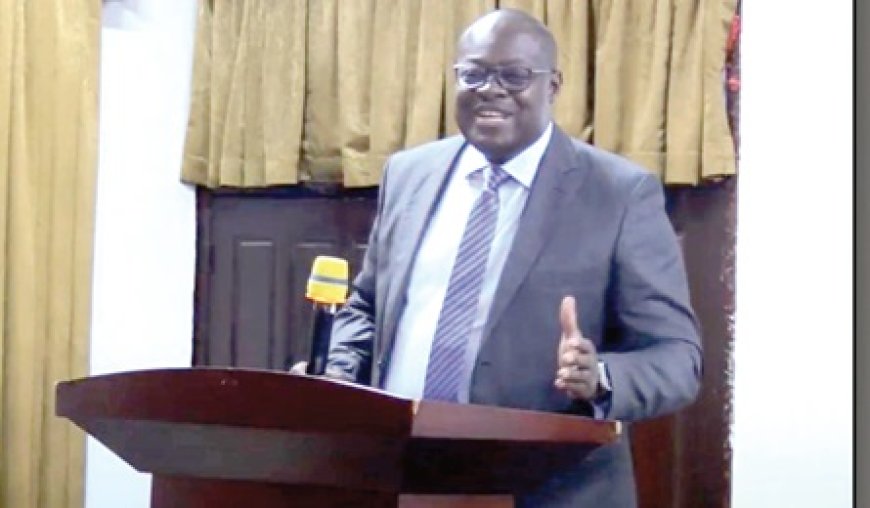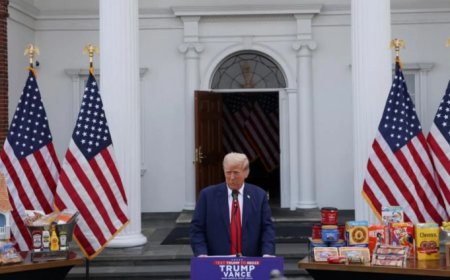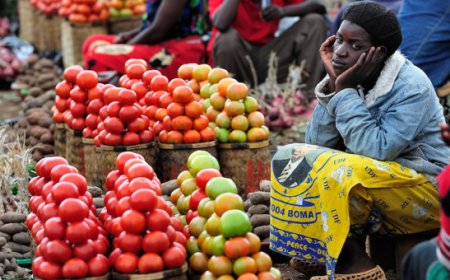Unlocking Africa's Potential: Harnessing Trade for Sustainable Development
Explore the pivotal role of trade policies in driving Africa's economic growth and addressing pressing challenges. Learn how initiatives like the AfCFTA hold the key to unlocking Africa's potential for sustainable development.

In a call to action, the World Trade Organisation (WTO) has emphasized the critical role of trade policies in uplifting Africa's economy and addressing its pressing challenges. Dr. Edwini Kessie, Head of Commodities and Agriculture at the WTO, underscored the significance of leveraging global trade during a lecture jointly organized by the University of Professional Studies, Accra (UPSA) Law School and the Centre for International Education and Collaboration (CEIC).
The lecture, themed "Leveraging trade to achieve sustainable development in Africa’s Food and Agriculture Sector," highlighted Africa's multifaceted obstacles, including slow economic growth, escalating conflicts, insecurity, and the looming specter of climate change. Dr. Kessie spotlighted alarming statistics, such as the persistent presence of 462 million individuals living in extreme poverty and the high debt distress risks faced by 21 African nations.
Moreover, Dr. Kessie drew attention to the demographic conundrum posed by Africa's burgeoning youth population. While representing a vast potential workforce, the youth demographic also amplifies challenges like high unemployment rates and inadequate job opportunities.
Underpinning the discussion was the pivotal role of trade in driving economic growth, poverty alleviation, and job creation. Dr. Kessie elucidated how trade has historically been instrumental in lifting billions of people out of extreme poverty, citing notable progress in China and India. Furthermore, he emphasized how trade fosters investment and technological advancement, crucial components for transitioning to a sustainable, low-carbon economy.
Despite these gains, Africa's share in global trade remains disproportionately low, accounting for a mere 3% of the total trade volume. Dr. Kessie underscored the imperative for African nations to optimize their participation in global trade to unlock greater economic benefits.
Proposing a solution-oriented approach, Dr. Kessie advocated for aligning trade policies with broader developmental objectives, including addressing the urgent challenge of climate change. He commended initiatives like the African Continental Free Trade Area (AfCFTA) as transformative endeavors capable of spurring economic growth and fostering regional integration.
The AfCFTA, poised to create a unified market of 1.4 billion people, holds immense potential for bolstering Africa's export capacity and enhancing value addition within the continent. Dr. Kessie emphasized that embracing such initiatives would enable African economies to effectively engage in global value chains, thereby propelling sustainable development across the continent.
In conclusion, Dr. Kessie's remarks underscored the urgent need for African nations to prioritize trade policies as a cornerstone of their development strategies, emphasizing the imperative of collective action to harness the transformative potential of global trade for the betterment of Africa and its people.
What's Your Reaction?






































































